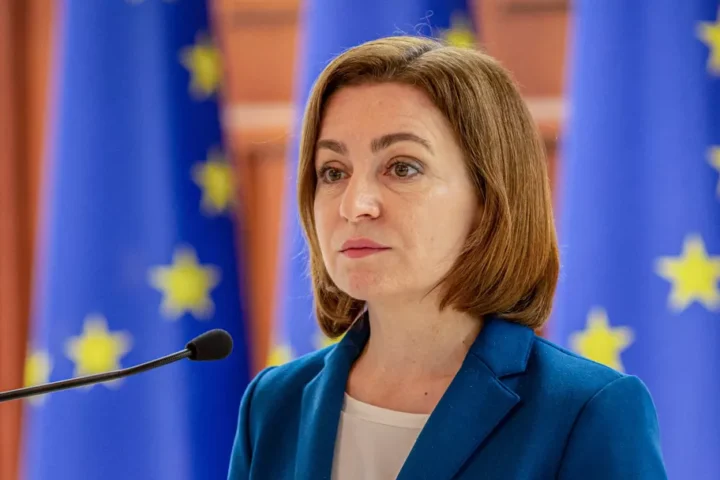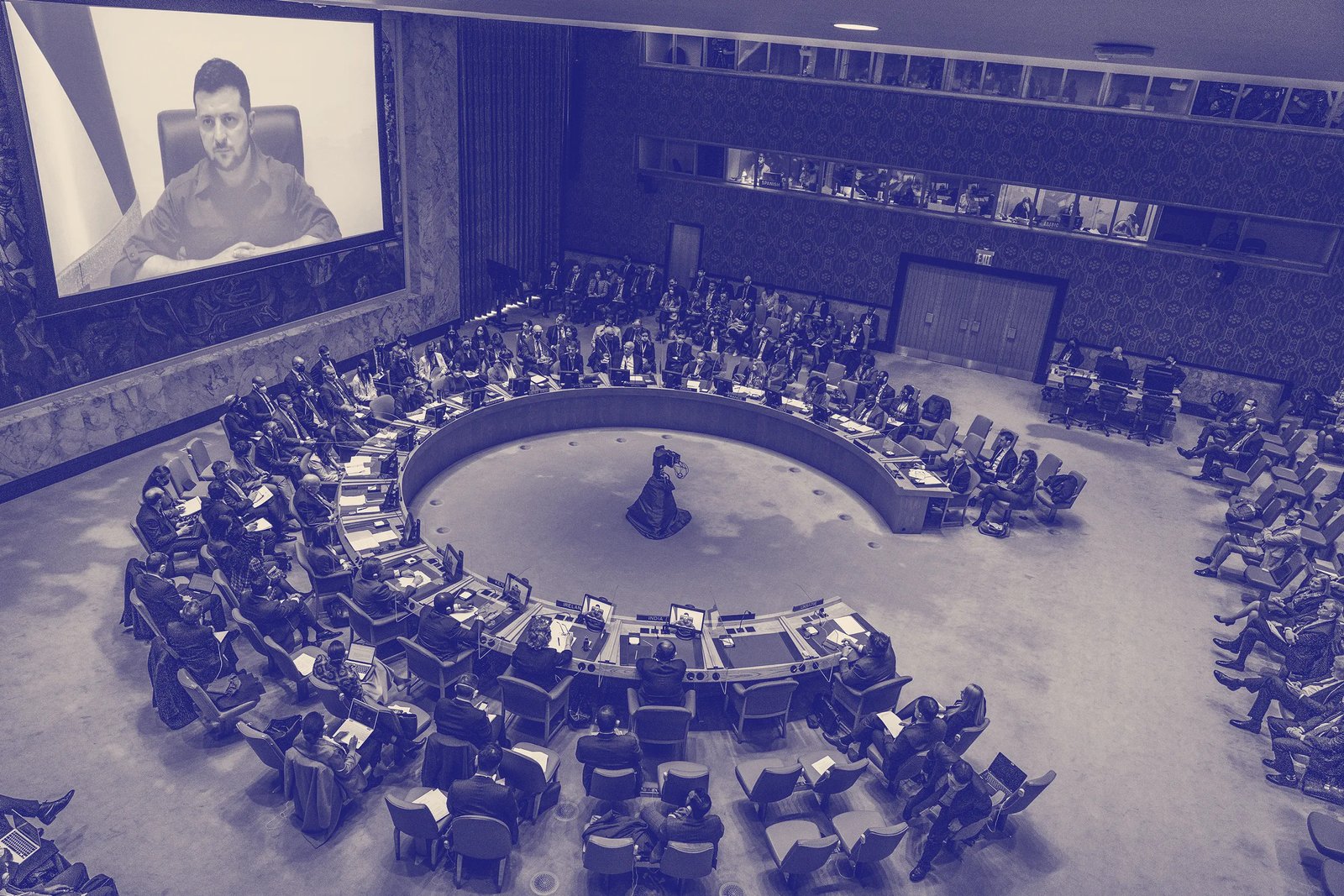Hungarian Prime Minister Viktor Orban sharply escalated tensions with the European Commission on July 9, 2025, demanding the resignation of Commission President Ursula von der Leyen. His statement on social media platform X came just before a planned vote of no confidence against the Commission in the European Parliament, initiated by a group of far-right MEPs. The move followed the Commission’s annual report, which declared that Hungary had “made no progress” on key demands regarding anti-corruption measures, strengthening civil society, and safeguarding media independence.
Rising conflict over rule of law and EU funding
The European Commission accuses Budapest of corruption, judicial pressure, and media restrictions, while Hungary has resisted implementing EU-wide asylum policies, provoking strong reactions from Brussels. Orban intensified the dispute after the Commission recommended suspending 65% of Hungary’s funding from three major EU programs. In addition, the European Court of Justice ordered Hungary to pay a €200 million fine plus daily penalties for delays in compliance.
Political backlash and geopolitical concerns
The no-confidence motion was launched by Romanian far-right MEP George Piperea, who accuses von der Leyen of lacking transparency over text messages exchanged with Pfizer’s CEO during Covid vaccine negotiations. Von der Leyen condemned the initiative in Parliament on July 7 as “taken directly from the oldest extremist playbook, polarizing society and undermining trust in democracy with false claims.”
Meanwhile, EU institutions express concern over Hungary’s deepening ties with Moscow and Beijing, further straining relations with Brussels. The European Parliament has declared Hungary no longer a democracy in the classical sense, labeling it an “electoral autocracy.” There is ongoing consideration of applying Article 7 of the EU Treaty, which could strip Hungary of voting rights and impose sanctions.
Outlook on the vote and ongoing tensions
Passing the no-confidence vote requires a two-thirds majority, which is currently unlikely. As a result, Ursula von der Leyen is expected to remain in office, while the standoff between Budapest and Brussels is set to intensify.










